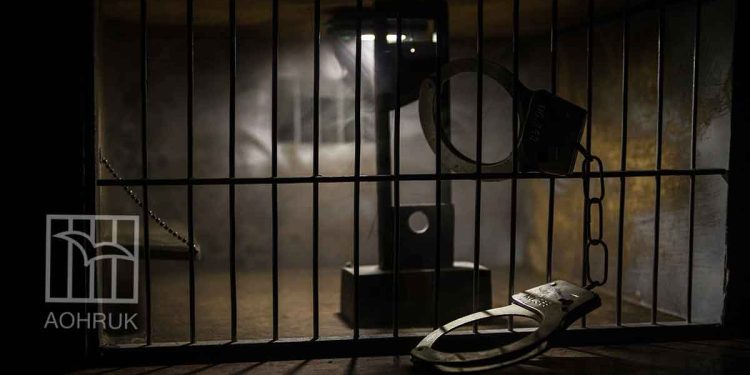Egyptian authorities continue to employ repressive measures against political opponents and human rights activists, with enforced disappearances increasingly used against individuals expressing political views or advocating for human rights.
In a recent development, Egypt’s Supreme State Security Prosecution has ordered the detention of 21 individuals, including a young woman, following months of enforced disappearance.
The detainees are: Nadia Saeed Humeida, Ahmed Mahmoud Said, Ahmed Mahmoud Qumeiha, Ahmed Mahmoud Moait, Islam Mostafa Mokhtar, Khaled Rabie Ibrahim, Khaled Rabie Mohamed, Khaled Fahmy Al-Masry, Sabri Mohamed Al-Shabaki, Taha Abdel Aziz Abdel Hafeez, Assem Hassan Khudairi, Abdullah Nour El-Din Salim, Ali Ahmed Ali, Ali Afifi Ali, Amr Ibrahim Mohamed, Amr Mohamed Gad, Mohamed Ibrahim Gomaa, Mohamed Ahmed Al-Abbasi, Mahmoud Ibrahim Abdel Haleem, Mostafa Ali Atiya, and Mamdouh Khalaf Ali.
These individuals resurfaced after their families filed complaints with the Public Prosecutor, reporting their enforced disappearance following their arrest by security forces.
This case underscores the ongoing plight of families desperately seeking information about their missing loved ones, amid mounting concerns over unfair trials that could violate their fundamental rights.
The detainees face charges including “spreading and broadcasting false news and statements,” “joining a terrorist group,” “misusing social media platforms,” “exploiting the internet to commit crimes,” and “funding and promoting violence”—accusations frequently used by Egyptian authorities to suppress dissent and justify their crackdown.
Since 2013, Egypt has witnessed a concerning escalation in repressive tactics against opponents, with activists, journalists, and politicians subjected to arbitrary detention and enforced disappearance, in blatant violation of human rights and international conventions.






























